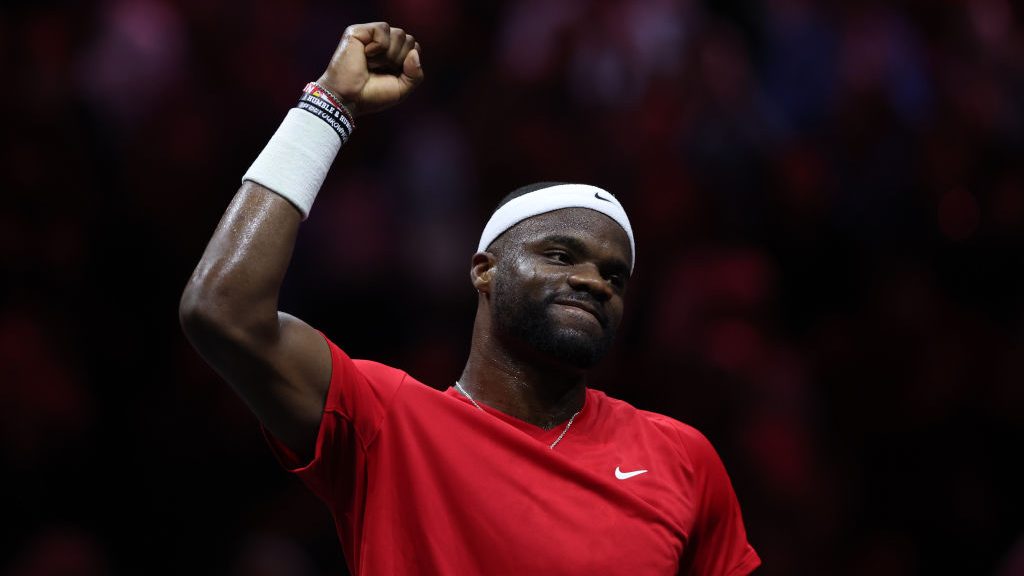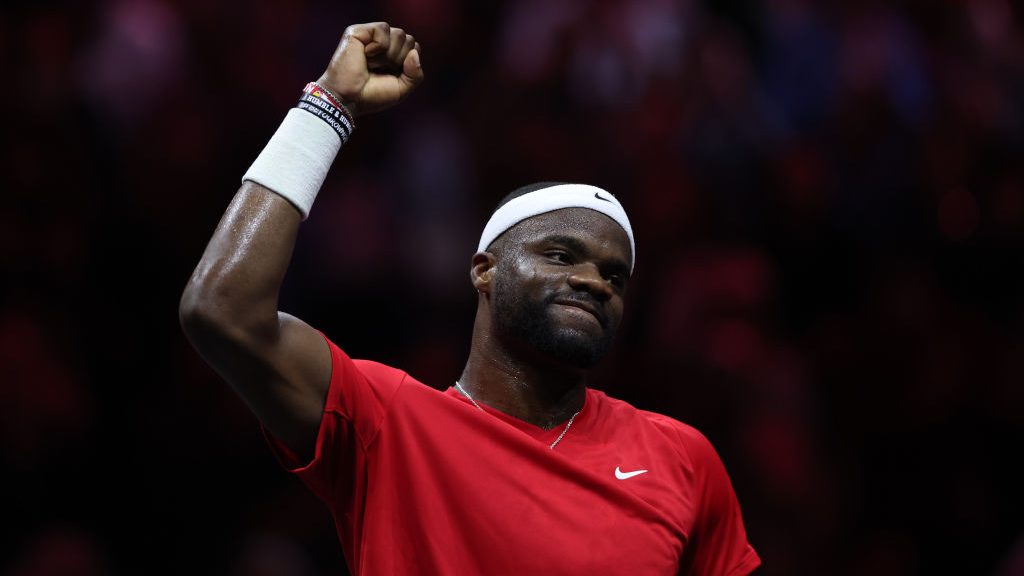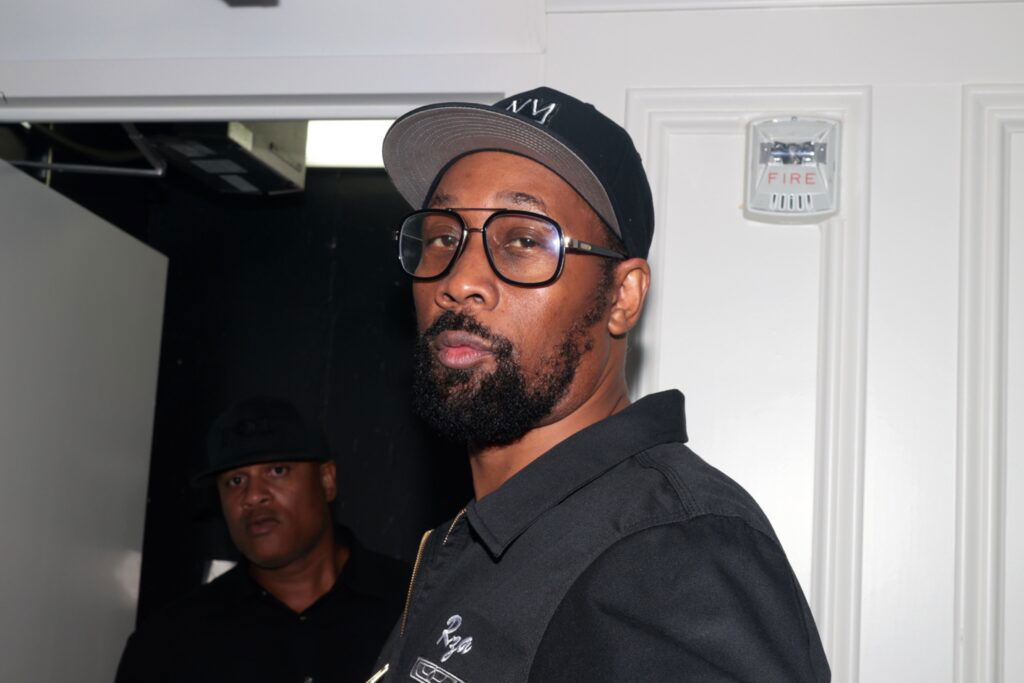
Editor’s note: The following article is an op-ed, and the views expressed are the author’s own. Read more opinions on theGrio.
So Frances Tiafoe has made it back to the U.S. Open semifinals. Color me impressed. It’s an extraordinary achievement to win five matches at the U.S. Open against some of the best players in the world. And many have Tiafoe favored to win his semi against Californian Taylor Fritz, who reminds me of the high school movie jock/bully who the nerdy guy has to navigate past. Beating him would make me happy, but more importantly, it would put Tiafoe in his first Grand Slam final.
Tiafoe is about heart, passion, grit, strength and determination. He’s grown into a power player with a massive serve that’s become a brute force weapon. But he’s also lightning-fast around the court, making him a great defensive player — there’s almost no ball Tiafoe can’t reach, which makes him very frustrating to play against. So many of his points begin with trading ground strokes but end with him running down a ball that seems far away and making magic to win the point. And he’s equally comfortable at the baseline and the net, which many modern players can’t say.
Sports
He’s succeeding on a court named for Arthur Ashe, tennis’ first Black male star, but Tiafoe as a player is nothing like him. Both are lovely people, but on the court, Ashe was graceful and balletic and an introvert who did not interact with the crowd. Tiafoe is an extrovert who talks to the crowd and feeds off of their energy. He makes his U.S. Open matches seem like home games for athletes in team sports. Tiafoe is reminiscent of Jimmy Connors, a passionate, emotional warrior who played to the crowd and loved the energy of a U.S. Open battle with a stadium full of rabid tennis fans.
One big thing I see from Tiafoe is that he’s strong enough to last a long time out there. If he were a car, he’d be an old Ford truck that won’t ever break down. He’s strong enough to be so resilient that his speed and stamina are still there in the second and third and fourth hour of his matches. He’s also able to stay deeply focused far longer than most players. It’s easy to say just stay focused, but over a two- or three-hour match, it’s easy to lose focus for a moment; the mind wants to wander, and then you miss a shot or two and lose a critical point. Against great players, an inch of space is all they need.
On Friday, for the semis, and possibly Sunday, in the final, we’ll be rooting for Tiafoe because he’s Black — it’s always rooting for everybody Black (except Candace Owens). Also, because he’s American. (You just finished rooting for America at the Olympics; this is basically the same thing. Save your critique of America as a racist nation for another moment.) But also because this man came from nothing. He’s a child of immigrants from Sierra Leone who learned to play at a club where his father was the head of maintenance. He’s earned over $11 million on the court and changed his family’s trajectory forever. That amount does not include the $1 million he’s earned by getting to the U.S. Open semis. If he wins on Friday and on Sunday, he’ll add another $3.6 million to his tally. Tiafoe started from the bottom now he’s here, near the top of pro tennis, living his best life.
Toure is a host and writer at TheGrio. He hosts the TheGrio TV show “Masters of the Game,” and he created the award-winning podcast “Being Black: The ’80s” and its upcoming sequel “Being Black: The ’70s.” He is also the creator of “Star Stories” and the author of eight books, including “Nothing Compares 2 U an oral history of Prince.” He also hosts a podcast called “Toure Show.” He is also a husband and a father of two.





